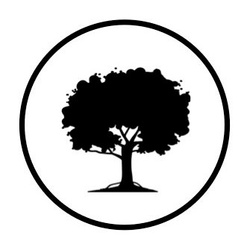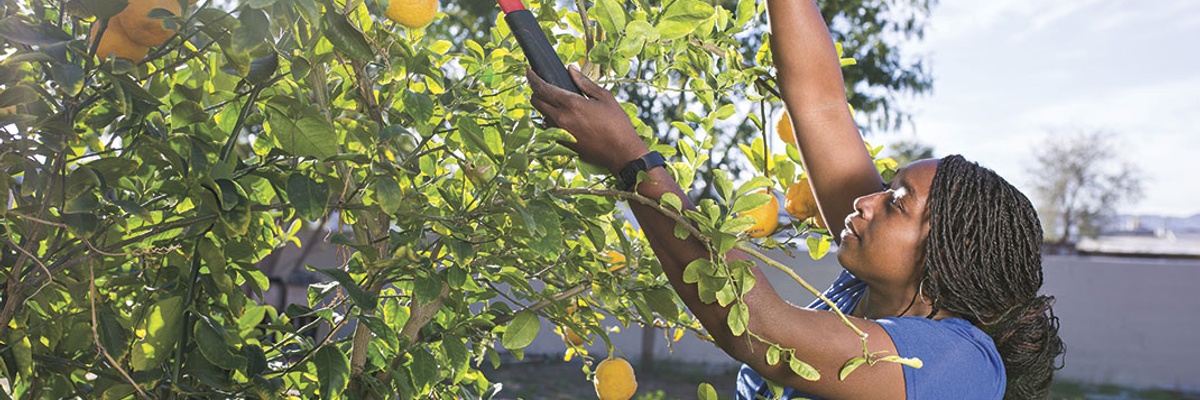

"Welcome to Open Orchard! I really believe that if more of us were doing things we cared about locally, the world would be better and we’d be much happier. Open Orchard provides a way for people to come out, plant a fruit tree and in so doing connect with neighbors and care for the environment.”
"Welcome to Open Orchard! I really believe that if more of us were doing things we cared about locally, the world would be better and we’d be much happier. Open Orchard provides a way for people to come out, plant a fruit tree and in so doing connect with neighbors and care for the environment.”
03/31/2023
Purchased the following edible, native plants at Beech Hollow Nursery. Total cost: $430.14.
*7 one gallon-American Plum
*3 three gallon - Serviceberry
*5 one gallon - Red Chokeberry
*3 three gallon - Beauty Berry
Received the final funding of $600.00. Hope to find a Mulberry, Wild Cherry and Cherokee Plum tree to purchase for the park.
Received $162.60 of edible, native plants for the Zonolite Open Orchard Project on on 2/24/23 and planted all at Zonolite Park on Sunday, 2/26/23.
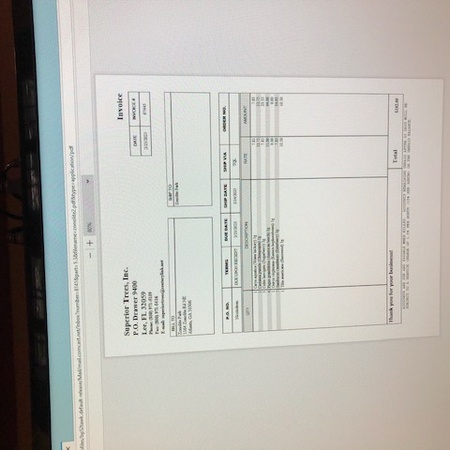
The "Native Plant Orchard" project has had a huge impact on Zonolite Park. The majority of the native, edible plants were installed in an area at the back of the park which was unused and overrun with invasive plants like Chinese privet and English ivy.
Twice a month, volunteers harvested the invasive Chinese privet shrubs from the designated planting site, and Zoo Atlanta picked up to feed to giraffes, elephants, apes, and goats. The shrubs that Zoo Atlanta did not use were piled into brush piles which will provide wildlife with areas for nesting, resting, escape from predators, and protection from harsh weather conditions. Other volunteers hand pulled and bagged the invasive English ivy. New paths were made in the newly cleared areas which park visitors are using daily. Visitors say they feel safer now because the tall invasive shrubs have been removed which provides a clearer sight line through the remaining trees.
The newly planted natives will provide fruit, berries and nuts that park visitors will be able to forage. (For example in a few years visitors will be able to pick Pawpaw fruit which tastes like a banana.) Now there are eleven different species of edible plants for humans. Prior to the new plantings, there were zero edible plants in that area. Park visitors will be able to use the park's dedicated iNaturalist site to identify which plants are edible. Signs are posted in the park with the QRC code for the dedicated iNaturalist site.
In addition, these native plants will support birds (like Eastern Bluebirds, Northern Flicker, Gray Catbird, American Robin, Mockingbirds, Blue Jays, Cedar Waxwings, Wrens, Goldfinch, Titmice, Cardinals, Chickadees, and many more); are the host plants for butterflies and moths (like Spring Azure Butterfly, Coral Hairstreak, Large Lace Border Moth, Zebra Swallowtail, Pawpaw Sphinx, Orange-Tipped Oakworm Moth, Spicebush Swallowtail, Eastern Tiger Swallowtail Butterfly, Promethea Silk Moth, Brown Elfin Butterfly, Saddleback Caterpillar Moth, Spring Azures, Hummingbird Clearwing Moth, and many more); and are a pollinator plant for many insects.
The park is going to promote the newly installed edible plants on their Facebook page, and the InTown Chapter of the Georgia Native Plant Society will be having an "edible native plant workshop" in a couple months which will further educate the general public about edible native plants.
The future of the project will include monitoring and removing invasive plant regrowth in the area, adding additional edible plants (like Persimmons and Mulberries), and maintaining the paths through the woodlands planting areas.
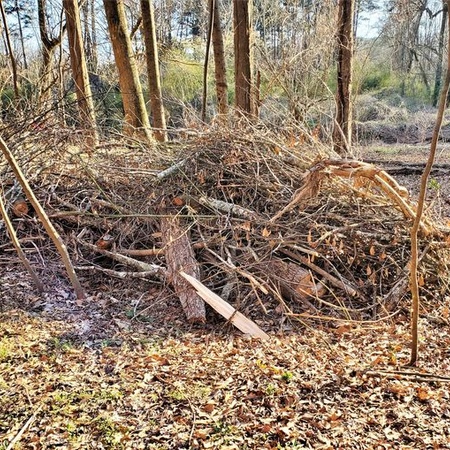
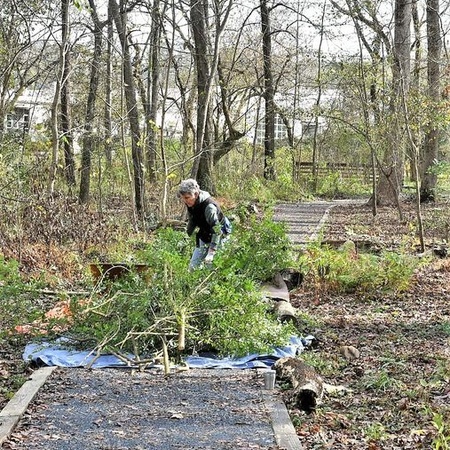
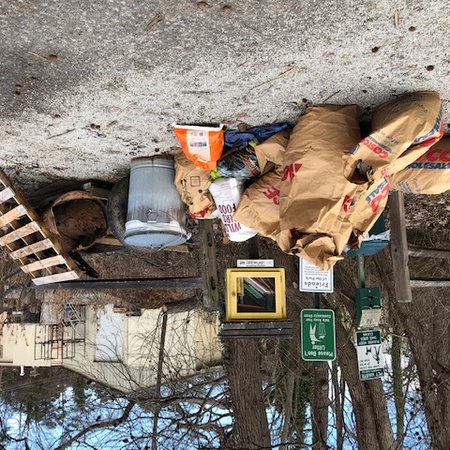
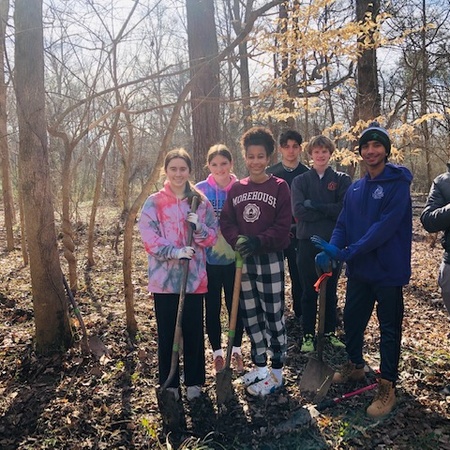
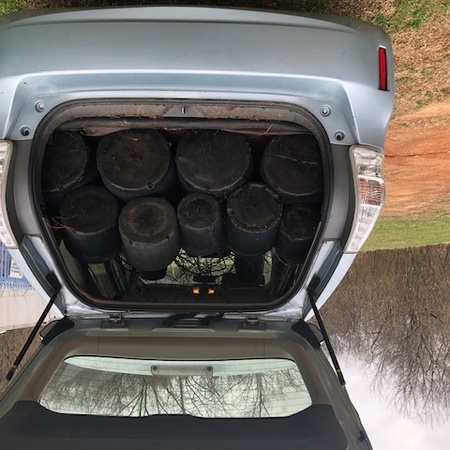
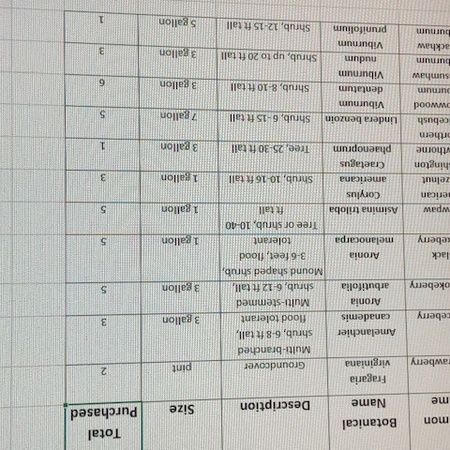
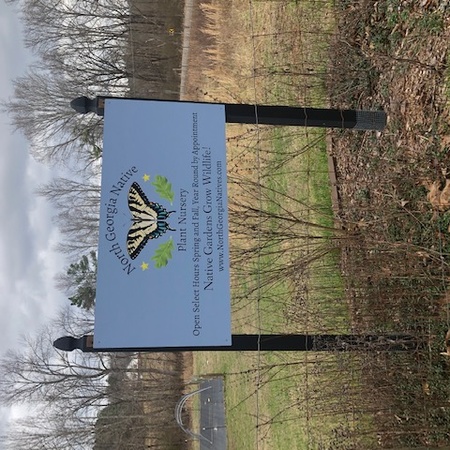
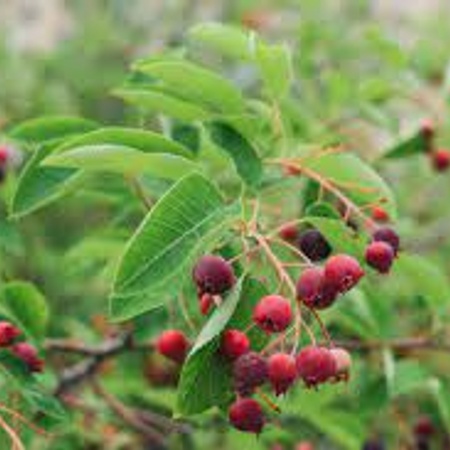
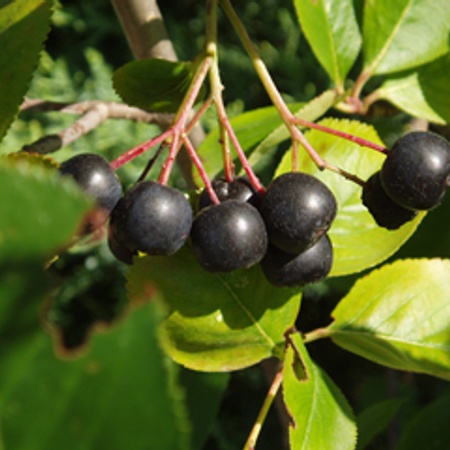
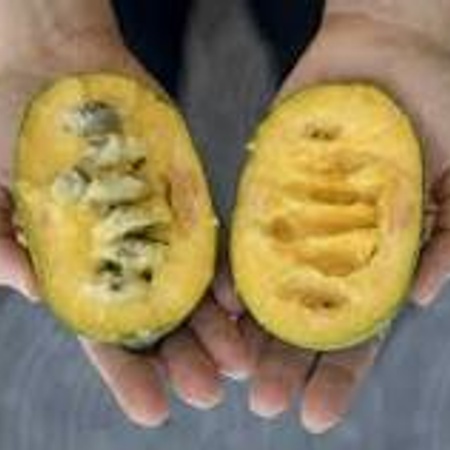
Paid invoice from North Georgia Native Plant Nursery for $1398.14 for 39 plants.
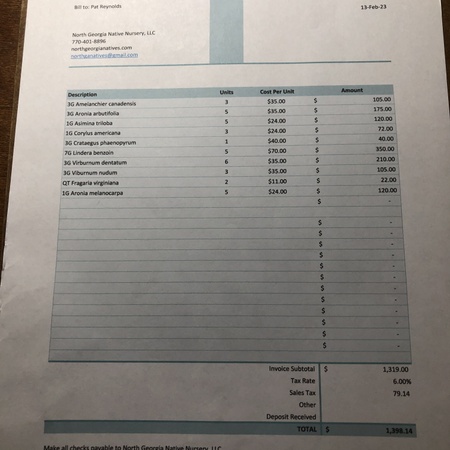
We planted all 39 edible native plants this morning before the rain started! Can't wait for park visitors to eat native Pawpaws when the trees start bearing fruit in a couple of years. Looking forward to receiving the last $600 of funding.
Special thanks to Josh and Stephanie for suggesting this funding and guiding us through the process.
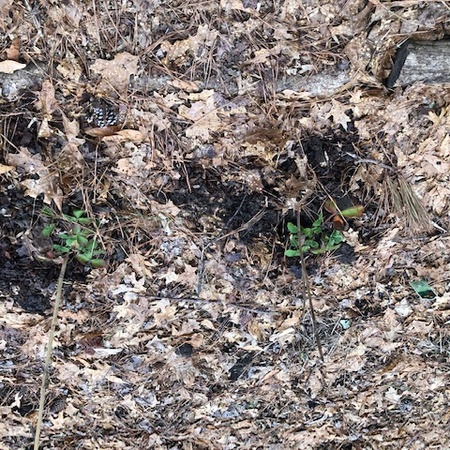
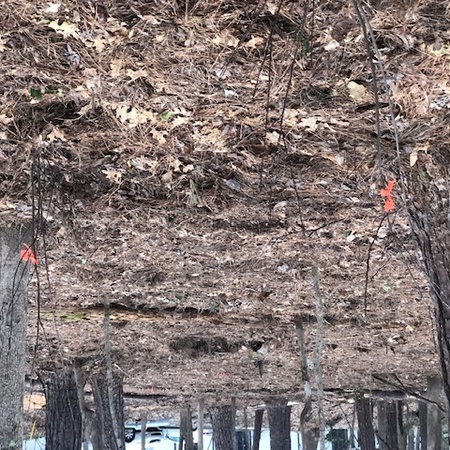
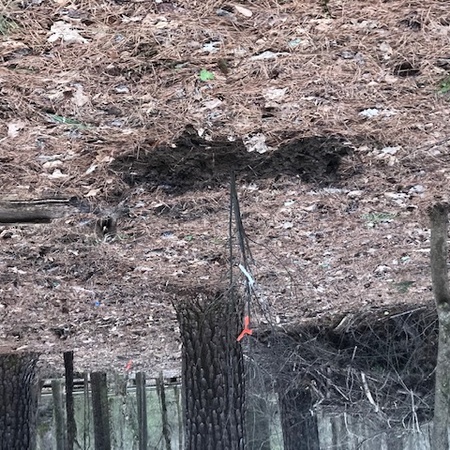
* Purchased $1398.14 of edible native plants today from North Georgia Native Plant Nursery.
* Purchased 39 plants.
*See species, sizes and quantities of purchased plants in photo below.
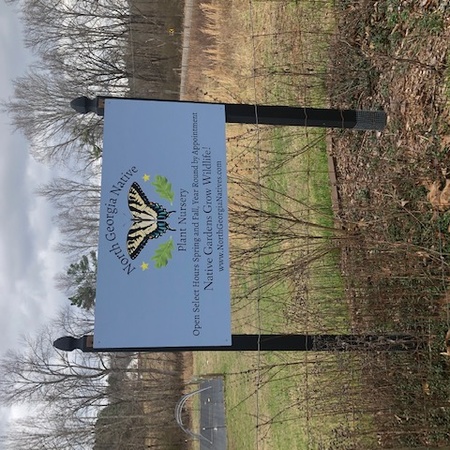
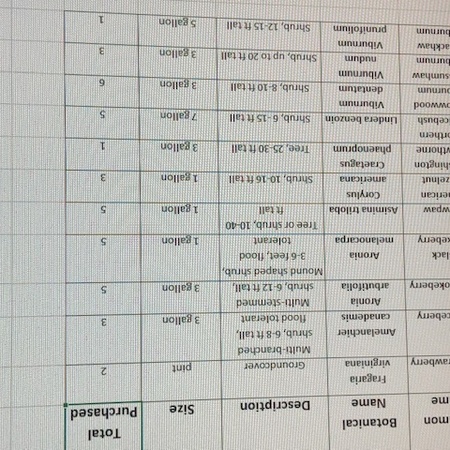
$1400 SEED FUNDING MONEY REC'D TODAY
Hi Patricia,
Good news! Your 30 Day Challenge submission has been approved and the transfer of your $1,400.00 seed funding to your bank account has begun. It will reach your account in 5-7 business days.
Well done! We hope this funding will help you make this project a success and make your community an even better place to live. Once your project is up and running, you can unlock the final $600.00 (your impact funding) to keep your project going.
Sorry for the delay! Count me in for planting!
ACTION PLAN FOR NATIVE PLANT ORCHARD AT ZONOLITE PARK
TIMELINE:
*Volunteers started clearing the designated planting sites in January '23. They met several times to remove invasive privet and English ivy from the site, and now the planting area is ready for the native edible plants to be installed. (See photos in postings below.)
*Email communications were sent to project volunteers on 1/27/23, 2/1/23, and 2/3/23.
*Team "Kickoff" Zoom meeting was held on 2/4/23. (See team photo in posting below.)
*Communications between project leader and student co-leader have been ongoing with emails and phone calls.
*Early March '23 - Projected date to buy native edible plants.
*Mid March '23 - Projected date to install native edible plants at Zonolite Park.
BUDGET:
*All of the money will be spent on purchasing plants from local plant nurseries. If we are unable to buy all the plants locally, we will purchase the remaining plants from a nursery in Florida that has a larger inventory. This out-of-town nursery has a shipping charge of $350 for each order.
*On 2/2/23, North Georgia Native Plant Nursery in Canton, Georgia, provided an inventory of their native edible plants along with pricing. Our goal is to purchase as many plants as possible from this local nursery.
EXPECTED IMPACT:
*The community will benefit from from the project in many ways. The project will increase the amount of edible plants at Zonolite Park for humans as well as for birds, pollinators and small mammals.
*Each plant will be labeled, and park visitors will be able to research more information on each the new plantings by accessing the park's dedicated iNaturalist site. The QRC code for the park's dedicated iNaturalist site is posted on signs throughout the park. (See posting below.)
*Updates on the project will be included on the park's Facebook page and quarterly newsletter.
*An environment like Zonolite Park allows visitors to walk in a beautiful place that is relaxing and can foster an appreciation of our natural heritage.
LOCATION:
*Approvals have been received and the planting sites have been selected, cleared and are ready for planting.
Zonolite Park has an iNaturalist site so that park visitors can research information on local flora and fauna. There are signs in the park with the Zonolite Park QRC code to make it easy for visitors to access.
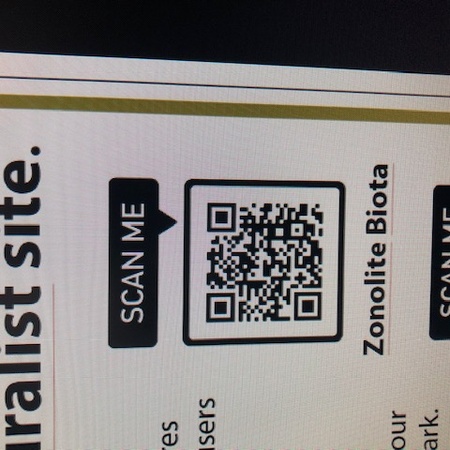
2/2/23 - Contacted North Georgia Native Plant Nursery in Canton, GA, to get their inventory of edible native plants.
The woodland restoration efforts at Zonolite Park can be summed up at in four words - remove invasives/plant natives. Many edible native plants grow in shady woodlands.
6 Participants
